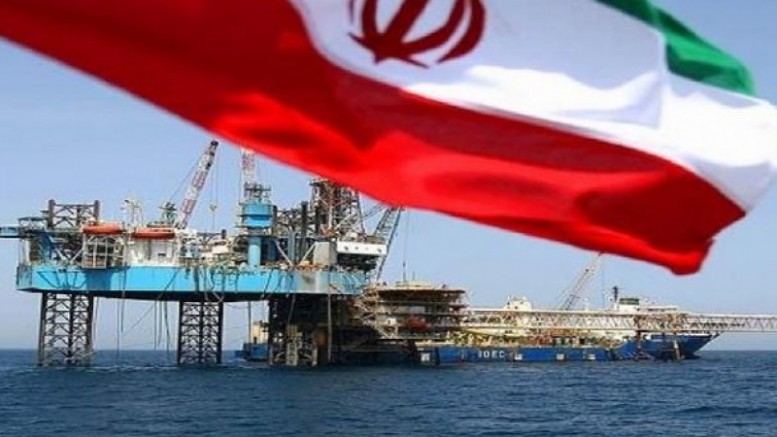Oil rallies after Iran supports deal to freeze production
Mahdi Asali, a senior Iranian Oil Ministry and Iran’s OPEC envoy, said his country will in fact keep increasing its crude exports until it reaches levels attained before worldwide sanctions were imposed on Tehran over its nuclear program.
“The proposal made yesterday in Doha for OPEC members and other countries to freeze oil production was made to stabilize the market and to improve the situation with oil prices in the interests not only of consumers but also producers of hydrocarbons”, he said.
Iran said in January that it planned to add to its production, stressing that the country should not be held responsible if prices continue to slide.
After the meeting, Iran’s oil minister Bijan Zanganeh applauded the plan to restrain output.
USA crude stocks rose nearly 4 million barrels last week, a Reuters poll showed ahead of data due at 4:30 p.m. EST (2130 GMT) from the American Petroleum Institute.
However, Saudi Arabia and Russian Federation said their agreement Tuesday to freeze output at January levels was conditional on other major producers doing the same.
Saudi Arabia and other OPEC producers have been refusing to reduce output in an attempt to drive less competitive players, in particular U.S. shale oil producers, out of the market. Government sources in Iran said the position has not changed. On top of that, Iran is nowhere near producing the full amount it can as it’s still subject to sanctions in some areas. However, the sanctions cut their exports to only 1.1 million barrels per day.
Market watchers received news of the deal with skepticism because not only do Iran and Iraq need to agree to the freeze, but even if the deal went ahead, it would be unlikely to solve the problem of a supply glut.
The comments by Zanganeh revived memories of the last OPEC meeting in December which ended without a decision after Zanganeh said he rejected any plan to curtail Iran’s production before it rises to pre-sanction levels.
Moves to freeze output at January levels will make little difference to the overall supply-demand balance this year and would not be enough to clear the 600,000 barrels per day surplus projected for the year, analysts at FGE said in a note.
The Iranian minister further emphasized that his Venezuelan, Qatari and Iraqi counterparts also agreed that there needs to be mechanism to monitor the conditions of the market as well as its behavior. “The Saudis are no longer saying they are fighting for market share but that they are ready to discuss a deal”, Davletshin said.








